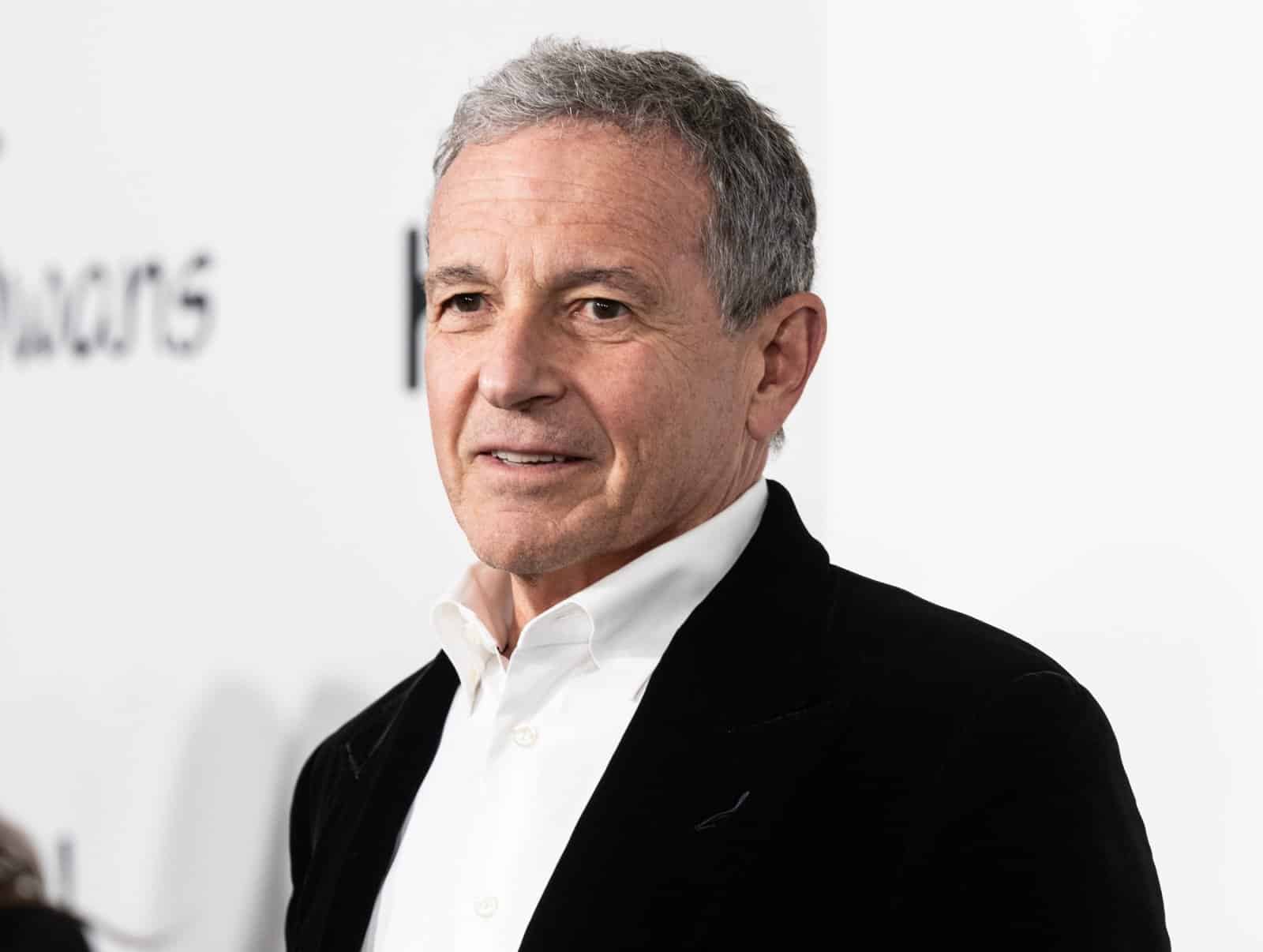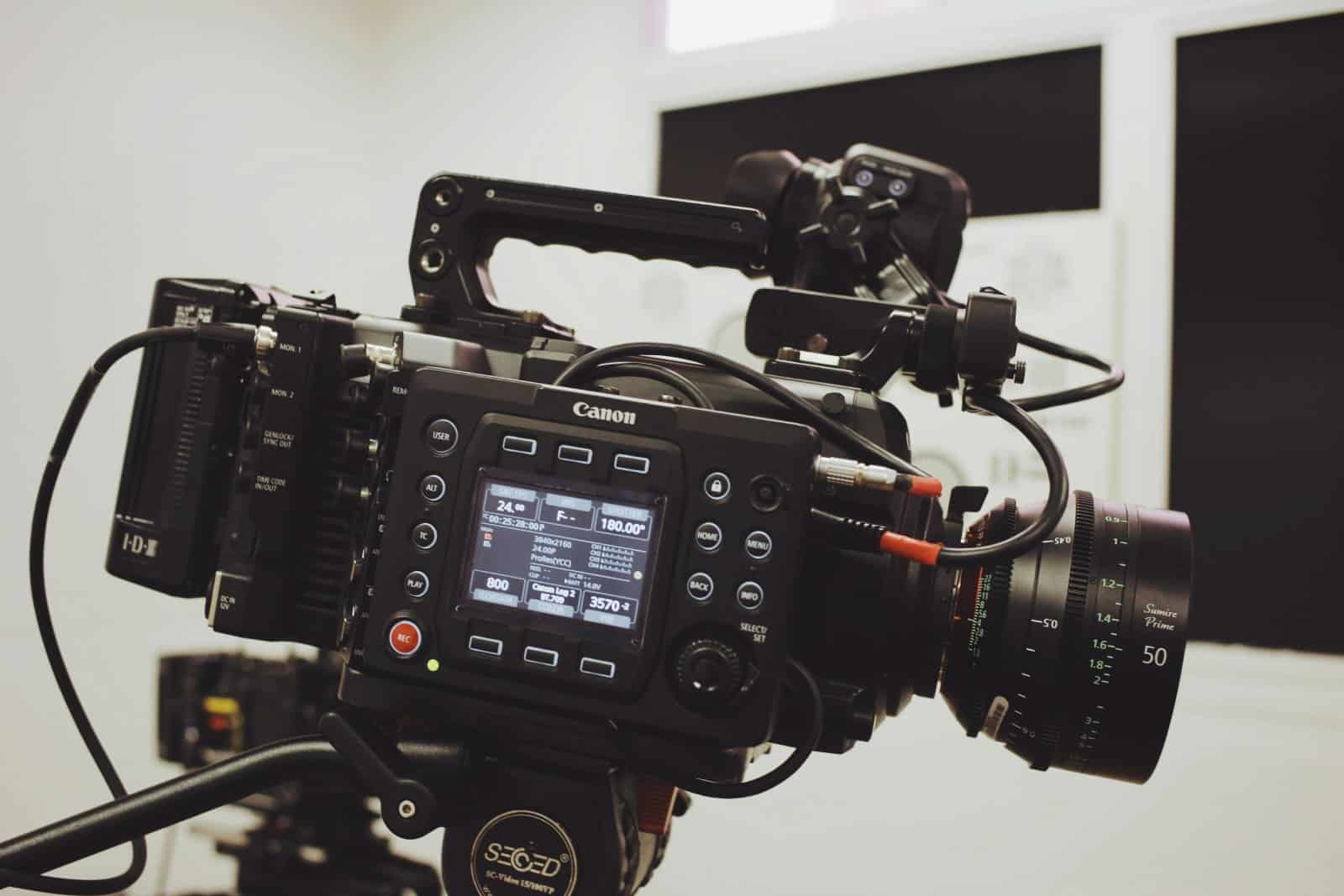Disney’s CEO, Bob Iger, beat activist investors who pushed for major changes within the media giant. The battle revealed how Disney did its best to navigate the changing media world while fighting to maintain its shareholder value and creative edge.
The Boardroom Battle

At Disney’s recent shareholder meeting, activist investors (led by Nelson Peltz of Trian Management) tried to reshape the company’s leadership succession and streaming strategy, and creative choices.
Shareholder Proxy War

Even though the activist investors fought hard, most shareholders voted for Disney’s current board members.
Only 31% of the votes cast wanted Nelson Peltz on the board, showing the board of directors solid support for the current leadership.
Investor Concerns

Some investors raised concerns about Disney’s response to changes in how people watch TV.
Fewer people watch traditional TV these days, and Disney+ is not profitable. They also spoke out against Disney’s huge acquisitions, such as 21st-century Century Fox’s assets.
Creative Critique

Besides money concerns, investors weren’t happy with Disney’s creative choices.
They didn’t like Disney’s strong focus on diversity and inclusion in Marvel movies, arguing that Disney should make content everyone can enjoy.
Strategic Missteps

The investors believed that Disney made some missteps, like being too slow to adapt to industry changes and overpaying its executives.
These issues caused investors to be dissatisfied as they were expecting higher returns.
Cultural Differences

Disney faced criticism over its approach to cultural matters. Right-wing groups accused the company of being overly progressive or “woke.”
This added complexity to the shareholder discussions, reflecting broader societal tensions affecting corporate decisions.
Iger’s Response

Despite facing criticism, Bob Iger reaffirmed Disney’s vision. He outlined plans for future growth and value creation.
Iger emphasized Disney’s strong foundation and looked forward to a new positive era for the company.
Financial Impact

The dispute was costly for both sides. Estimates suggest expenses ranged from $25 million to $40 million.
This shows the high stakes in corporate governance disputes and highlights the resources invested in shaping a company’s future.
Endorsements and Impact

Key shareholders and industry figures backed Iger, strengthening his position and highlighting people’s faith in Disney’s leaders.
Despite their loss, the activist investors sparked a serious discussion about Disney’s future.
Looking Ahead

Bob Iger’s planned exit at the end of 2026 is a turning point for the House of Mouse as it navigates rising challenges and takes risks to ensure its growth in the ever-changing media world.
Investor Dissatisfaction

Nelson Peltz and other activist investors were dissatisfied with how Disney responded to changes in the industry, more specifically, creative direction and streaming.
They believe the company is unable to adapt and make good strategic decisions.
Iger’s Leadership Analysis

The proxy war put Bob Iger’s leadership under review. Some critics questioned how he managed Disney’s challenges, while others praised Iger for his past successes.
However, recent setbacks have raised skepticism about his leadership in times of hardship.
Disney’s Creative Direction

Disney’s excessive focus on diversity and inclusion highlighted the tensions between traditional storytelling norms and what audiences want now, creating challenges for the company’s creative plans.
Financial Performance Under Scrutiny

During the proxy battle, people looked closely at Disney’s finances and raised concerns over the streaming business’ profits and the costly impact of big acquisitions.
Shareholders wanted proof of steady growth and value creation in an increasingly competitive market.
Disagreements Over Values

Some people on the right accuse the company of being too focused on progressive values, leading to discussions about corporate responsibility and how entertainment relates to societal values.
Power Struggles on the Board

Activist shareholders wanted more oversight and accountability. This highlighted the complexities of corporate governance today, with increased shareholder activism and scrutiny.
Differing Views on Disney’s Direction

The activists criticized the company’s response to industry changes and shifting consumer preferences.
The proxy fight underscored the need for clarity and coherence in Disney’s long-term vision and execution strategy.
Shareholder Engagement

The proxy fight led to more shareholder involvement and showed how transparent talks and listening to shareholder concerns help keep investor trust.
Industry Implications

The battle signaled broader impacts for the entertainment industry’s future direction and corporate governance practices.
It highlighted the difficulty of balancing stakeholder expectations, profitability, and innovation amidst an evolving industry.
Media Landscape Evolution

Disney’s proxy experience shows that media companies must adapt quickly to new technologies and cultural shifts to stay relevant and competitive.
The post Disney CEO Bob Iger Triumphs Over Activist Investors in Shareholder Showdown first appeared on Wealthy Living.
Featured Image Credit: Shutterstock / Pressmaster.
The content of this article is for informational purposes only and does not constitute or replace professional financial advice.





